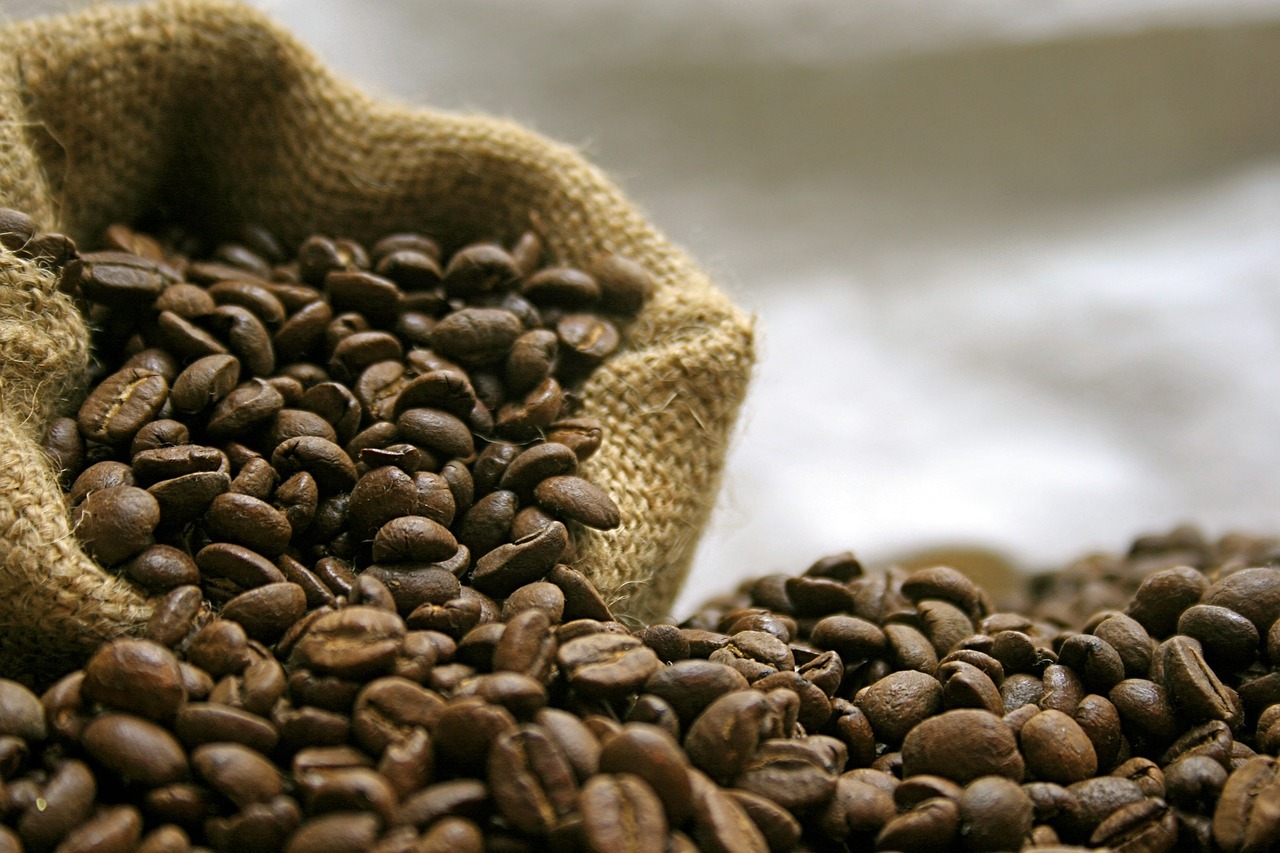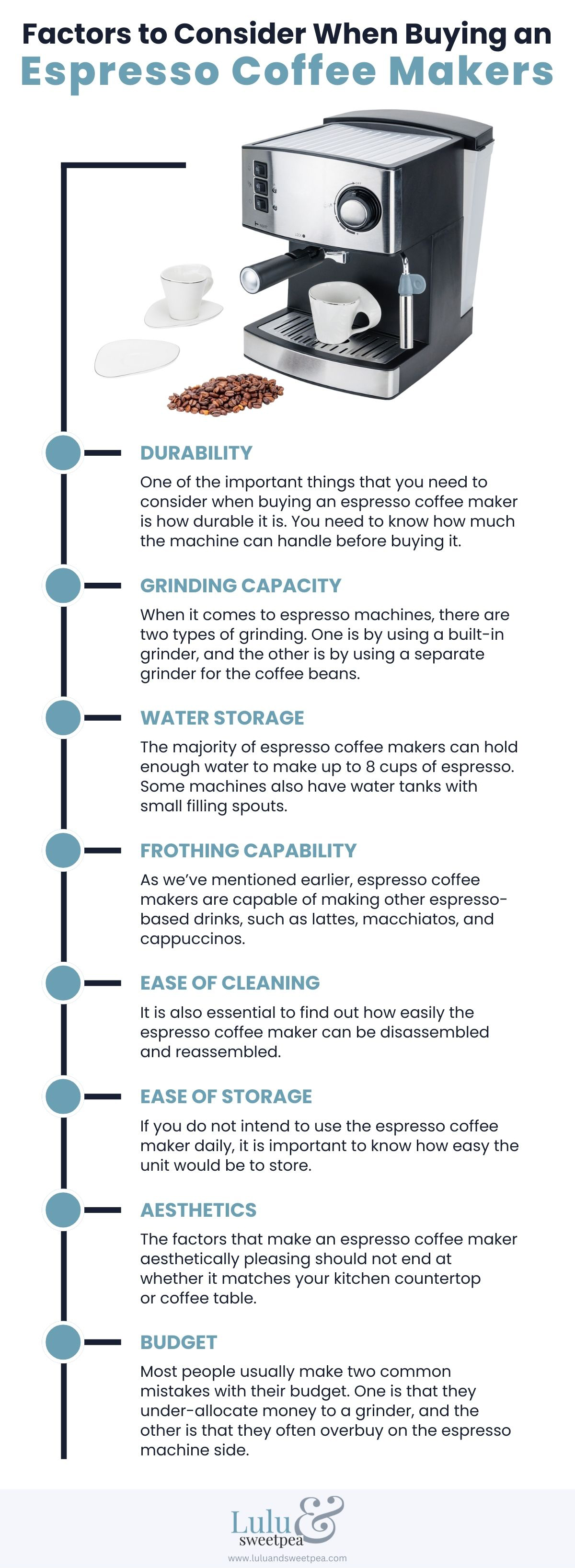The seeds of the coffee cherry are the coffee beans. The coffee cherry is a fruit that grows on coffee plants, which are commonly found in tropical places around the world. Inside the coffee cherry are two seeds known as coffee beans. The coffee beans are removed from the cherry via a process known as coffee processing. The coffee cherry is removed, and the beans are cleaned, roasted, and used to produce coffee.
The flavor and aroma of coffee are impacted by the features of the coffee cherry, such as altitude, soil quality, and environment in which it was grown, as well as the processing method used to extract the beans. As a result, the quality of the coffee beans is strongly dependent on the quality of the coffee cherry from which they were harvested.
Coffee can have both favorable and bad impacts on health, depending on the amount drunk and individual variables. Caffeine at low to moderate dosages (50-300 mg) can increase alertness, energy, and focus. High doses, on the other hand, might produce anxiety, irritation, sleeplessness, and a quicker heartbeat. A coffee drink high in sugar and calories can be a negative choice for a beverage. The good news is that you can still make healthy coffee and consume it.
Tips on How to Make Coffee Healthier
A. No caffeine after 2 PM
Caffeine is a stimulant, which is a big reason why so many people drink coffee. It gives you a boost of energy and helps you stay awake when you’re tired.
But drinking coffee late in the day can keep you from sleeping. Many health problems are linked to not getting enough sleep.
Because of this, you shouldn’t drink coffee late in the day. If you have to drink coffee, choose decaf or switch to tea, which has much less energy than coffee.
A good rule of thumb is not to drink coffee after 2 or 3 p.m. Still, not everyone reacts to caffeine the same way, and some people may be able to sleep even if they had coffee late in the day.
B. Choose a quality brand, preferably organic
The quality of coffee can vary greatly based on the processing method and how the coffee beans were grown.
Pesticides and other chemicals that were never meant to be eaten by humans are often put on coffee beans.
But there are different ideas about how chemicals in food affect health. There isn’t much proof yet that they are harmful when they are found in small amounts in food.
Still, if you are worried about the amount of pesticides in your coffee, you might want to buy organic coffee beans. They should have a lot less synthetic poisons in them.
C. Drink black coffee
In comparison to other kinds of coffee, black coffee has fewer calories. A good way to cut calories is to drink black coffee. Even though it tastes bad, an 8-ounce cup of black coffee only has 10 calories. Using a home brewer, you can make healthy black coffee at home quickly and easily. For your first cup of the day, you can buy fresh coffee or espresso at a nearby coffee shop.
D. Try plant-based milks
If you put milk in your coffee, plant-based milks that aren’t sweetened usually have less sugar than regular cow’s milk. Switching from dairy milk to milk made from nuts is a healthy habit that can help cut down on the heavy fats that can lead to heart disease and diabetes.
E. Spice it up
Cinnamon, nutmeg, cacao, and ginger are all spices that have a natural taste and flavor to them. You can add them to your coffee grounds before brewing or put them right into your cup for a different taste. Try making your own cold brew coffee for another recipe that will get people talking. If you brew your coffee at a lower temperature, it will be less acidic and bitter.
F. Using filter paper
How a cup of coffee is filtered determines how healthy it is. Coffee is filtered through paper to get rid of the chemicals cafestol and kahweol. These chemicals work to raise cholesterol levels in the body. So, instead of using coffee filters that can be used again and again, you could use paper filters that can be recycled.
G. Try golden latte.
Golden lattes might be the most popular color of coffee on Instagram, but this bright yellow drink is good for you in more ways than one.
H. Avoid drinking on an empty stomach.
Another must-know way to make coffee healthy is to drink it while eating a hearty meal. When you drink coffee on an empty stomach, your body makes more acid to help break down some of the sharpness of the coffee. When this happens, it can make the stomach muscles hurt and make you feel sick. Because of this, the best way to drink coffee is to eat something with it. If you have food in your stomach, the extra acids can do their job without hurting the tissue around them.
Having food with coffee can also help digestion. Caffeine is a strong stimulant, so it’s no surprise that it also wakes up the muscles in the colon and digestive system. This makes it easier for your body to break down food and keeps you feeling good all day.
I. Add MCT oil
Medium-chain triglycerides (MCT) are a healthy type of saturated fatty acid that can improve your heart health, brain function, and help you control your weight. MCT oil is best found in coconut oil, but there are also small amounts in grass-fed butter and cheese, palm oil, and whole milk. If you put a little coconut oil in your coffee, it could help your brain and heart.
J. Select natural sweeteners
Sugars like white table sugar, brown sugar, and sugar substitutes should never be put in coffee. For people who need their coffee to be sweet, there are natural sweeteners like the herb stevia and the sugar alcohol xylitol, which is found in small amounts in fruits and veggies and is therefore considered natural. But neither of these natural sweeteners makes coffee any healthier. But adding them doesn’t make a cup of coffee less healthy.
K. Making coffee as espresso
Espresso is a concentrated form of coffee that can be a healthier option to brewed coffee.
For a few reasons, making coffee as espresso can be healthy. First of all, espresso has less caffeine per cup than regular brewed coffee. This can help reduce the risk of anxiety and insomnia, which can happen when you drink too much coffee. Second, espresso is less acidic than regular coffee, which can help prevent stomach problems like acid reflux and heartburn. Also, unlike many popular coffee drinks like lattes and cappuccinos, most people don’t add sugar to espresso. This can help lower the risk of tooth decay, obesity, and other health problems linked to a high sugar intake. Lastly, espresso has more antioxidants than normal brewed coffee, which can help lower the risk of chronic diseases like cancer, diabetes, and heart disease.
An espresso coffee maker is one of the best kitchen appliances that you can own as it can help you brew your favorite coffee every morning. If you are thinking of buying an espresso coffee maker, take a look at the graphic below to learn about the factors you need to consider:
Benefits of Making Your Coffee Healthier
A. Boosts energy levels
Caffeine is a central nervous system stimulant that is known for giving people more energy and fighting tiredness.
This is because caffeine inhibits the receptors of a neurotransmitter called adenosine. This raises the amounts of other neurotransmitters in your brain that control your energy levels, such as dopamine.
In one small study, caffeine increased the amount of time it took to get tired by 12% during a pedaling exercise, and it made people feel much less tired.
In another study, the same thing was found: taking caffeine before and during a round of golf helped performance, made people feel more energized, and made them feel less tired.
B. Protect against Type 2 diabetes
Researchers examined data from over 48,000 people in 2014 and discovered that those who drank at least one additional cup of coffee per day for four years were 11% less likely to develop type 2 diabetes than those who did not drink more coffee.
According to a 2017 meta-analysis, those who consumed four to six cups of caffeinated or decaffeinated coffee every day had a decreased risk of metabolic syndrome, which includes type 2 diabetes.
C. Control Parkinson’s disease symptoms
Studies have shown that caffeine, which is found in coffee and many other drinks, may help protect against Parkinson’s disease.
One group of researchers came to the conclusion that men who drink more than four cups of coffee per day may have a five times lower chance of getting Parkinson’s disease than men who don’t.
Even for people who smoke, the 2017 meta-analysis showed a link between drinking coffee and a lower chance of Parkinson’s disease. This group also found that people who drink coffee may be less likely to have mental illnesses like Alzheimer’s disease and sadness.
But there wasn’t enough proof that drinking decaffeinated coffee helps avoid Parkinson’s disease.
D. Reduce the risk of liver cancer
A literature review published in 2019 showed that coffee consumption may lessen the incidence of liver cancer.
Previously, in 2015, a cohort research on a multiethnic population in the United States discovered that drinking two to three cups of coffee per day lowered participants’ risk of developing hepatocellular carcinoma and chronic liver disease (CLD) by 38% and 46%, respectively, depending on the dose.
The 2017 meta-analysis also indicated that drinking any type of coffee appears to lower the risk of liver cancer, nonalcoholic fatty liver disease, and cirrhosis. A 2021 study suggests that drinking all forms of coffee may offer some protection against CLD.
E. Help in losing weight
There is some evidence that coffee consumption may aid in weight loss. According to one 2018 study, the more coffee individuals drank, the greater their mean reduction in weight, BMI, and fat mass.
According to a 2019 study, consuming coffee may have a minor association with weight loss, with males benefiting more than women. These findings, however, have not been reproduced, thus they may not be conclusive.
Although coffee may help reduce obesity, it is not a replacement for a healthy diet and regular exercise.
F. Reduce the risk of cardiovascular diseases
According to a 2017 meta-analysis, caffeine use may have at least a minor advantage for cardiovascular health, including blood pressure.
A 2018 study found that drinking three to five cups of coffee per day may reduce the risk of cardiovascular disease by 15%. Drinking one to five cups of coffee per day seems to be connected with lower total mortality from any cause.
Drinking coffee does not appear to raise the chance of having another heart attack or dying as a result for those who have already had one.
In contrast, a 2017 meta-analysis revealed that people who drink more coffee may have higher levels of blood lipids (fat) and cholesterol.
Conclusion
Drinking black coffee, avoiding caffeine after 2 p.m., using organic coffee beans, adding spices or MCT oil, using plant-based milk, selecting natural sweeteners, avoiding eating on an empty stomach, drinking golden latte coffee, making coffee as espresso and using filter papers are all ways to make coffee healthier. Drinking healthy coffee will help you lose weight, reduce your risk of cardiovascular disease, lower your chance of liver cancer, and protect you against Parkinson’s disease and type 2 diabetes.
So, let us start making coffee a healthier beverage. We can enjoy a delicious and nutritious cup of coffee every day, knowing that we are taking care of our bodies and minds.






